I am compiling a program using msvc with /NODEFAULTLIB, so I cannot use any C library functions. How do I create a C-style string (char*) containing the hex representation of a pointer (void*) like printf("%p\r\n", voidPointer) produces, so I can write it to the console using WriteConsoleW?
WriteConsoleW take in only a pointer to a buffer containing the string to output, and the number of characters in the string. How can I convert it without using a C run time library function like sprintf? However, I can use WinAPI functions, like lstrlenW, for example.
